Alexander’s Feast MCQ Quiz : Alexander’s Feast; or, The Power of Music is one of the finest odes written by John Dryden in 1697. It was composed in honour of Saint Cecilia’s Day, the patron saint of music. The poem celebrates the emotional power of music and its ability to move human passions. Dryden wrote this ode for a musical performance composed by Jeremiah Clarke. It was so successful that it earned him a public reward and praise from both critics and readers.
The poem begins with a grand feast held by Alexander the Great after his victory over Persia. The great conqueror is celebrating his triumph with his soldiers and queen Thais in the palace of Persepolis. During the feast, the musician Timotheus plays the lyre and sings songs in honour of Alexander.
Through his music, Timotheus changes the emotions of Alexander again and again — from pride to love, from pity to anger, and finally to divine inspiration.
- At first, the song glorifies Alexander’s victory, filling him with pride.
- Then, the musician sings of love, and Alexander’s heart softens towards his queen.
- Later, a sad tune makes him weep for the soldiers who died in battle.
- Soon, the notes turn fierce, and Alexander becomes filled with anger and orders the burning of Persepolis.
- In the end, Dryden praises Saint Cecilia, saying that her heavenly music was even greater because she could draw angels down to Earth.
The poem beautifully portrays how music can rule the human heart, control emotions, and inspire divine feelings.
Text of Alexander’s Feast; or, the Power of Music
A song in honour of St. Cecilia’s day, 1697.
I
‘T was at the royal feast, for Persia won
By Philip’s warlike son:
Aloft in awful state
The godlike hero sate
On his imperial throne;
His valiant peers were plac’d around;
Their brows with roses and with myrtles bound:
(So should desert in arms be crown’d.)
The lovely Thais, by his side,
Sate like a blooming Eastern bride
In flow’r of youth and beauty’s pride.
Happy, happy, happy pair!
None but the brave,
None but the brave,
None but the brave deserves the fair.
CHORUS
Happy, happy, happy pair!
None but the brave,
None but the brave,
None but the brave deserves the fair.
II
Timotheus, plac’d on high
Amid the tuneful choir,
With flying fingers touch’d the lyre:
The trembling notes ascend the sky,
And heav’nly joys inspire.
The song began from Jove,
Who left his blissful seats above,
(Such is the pow’r of mighty love.)
A dragon’s fiery form belied the god:
Sublime on radiant spires he rode,
When he to fair Olympia press’d;
And while he sought her snowy breast:
Then, round her slender waist he curl’d,
And stamp’d an image of himself, a sov’reign of the world.
The list’ning crowd admire the lofty sound,
“A present deity,” they shout around:
“A present deity,” the vaulted roofs rebound.
With ravish’d ears
The monarch hears,
Assumes the god,
Affects to nod,
And seems to shake the spheres.
CHORUS
With ravish’d ears
The monarch hears,
Assumes the god,
Affects to nod,
And seems to shake the spheres.
III
The praise of Bacchus then the sweet musician sung,
Of Bacchus ever fair and ever young:
The jolly god in triumph comes;
Sound the trumpets; beat the drums;
Flush’d with a purple grace
He shews his honest face:
Now give the hautboys breath; he comes, he comes.
Bacchus, ever fair and young
Drinking joys did first ordain;
Bacchus’ blessings are a treasure,
Drinking is the soldier’s pleasure;
Rich the treasure,
Sweet the pleasure,
Sweet is pleasure after pain.
CHORUS
Bacchus’ blessings are a treasure,
Drinking is the soldier’s pleasure;
Rich the treasure,
Sweet the pleasure,
Sweet is pleasure after pain.
IV
Sooth’d with the sound, the king grew vain;
Fought all his battles o’er again;
And thrice he routed all his foes; and thrice he slew the slain.
The master saw the madness rise,
His glowing cheeks, his ardent eyes;
And, while he heav’n and earth defied,
Chang’d his hand, and check’d his pride.
He chose a mournful Muse,
Soft pity to infuse;
He sung Darius great and good,
By too severe a fate,
Fallen, fallen, fallen, fallen,
Fallen from his high estate,
And welt’ring in his blood;
Deserted, at his utmost need
By those his former bounty fed;
On the bare earth expos’d he lies,
With not a friend to close his eyes.
With downcast looks the joyless victor sate,
Revolving in his alter’d soul
The various turns of chance below;
And, now and then, a sigh he stole,
And tears began to flow.
CHORUS
Revolving in his alter’d soul
The various turns of chance below;
And, now and then, a sigh he stole,
And tears began to flow.
V
The mighty master smil’d to see
That love was in the next degree;
‘T was but a kindred sound to move,
For pity melts the mind to love.
Softly sweet, in Lydian measures,
Soon he sooth’d his soul to pleasures.
“War,” he sung, “is toil and trouble;
Honour, but an empty bubble.
Never ending, still beginning,
Fighting still, and still destroying:
If the world be worth thy winning,
Think, O think it worth enjoying.
Lovely Thais sits beside thee,
Take the good the gods provide thee.”
The many rend the skies with loud applause;
So Love was crown’d, but Music won the cause.
The prince, unable to conceal his pain,
Gaz’d on the fair
Who caus’d his care,
And sigh’d and look’d, sigh’d and look’d,
Sigh’d and look’d, and sigh’d again:
At length, with love and wine at once oppress’d,
The vanquish’d victor sunk upon her breast.
CHORUS
The prince, unable to conceal his pain,
Gaz’d on the fair
Who caus’d his care,
And sigh’d and look’d, sigh’d and look’d,
Sigh’d and look’d, and sigh’d again:
At length, with love and wine at once oppress’d,
The vanquish’d victor sunk upon her breast.
VI
Now strike the golden lyre again:
A louder yet, and yet a louder strain.
Break his bands of sleep asunder,
And rouse him, like a rattling peal of thunder.
Hark, hark, the horrid sound
Has rais’d up his head:
As wak’d from the dead,
And amaz’d, he stares around.
“Revenge, revenge!” Timotheus cries,
“See the Furies arise!
See the snakes that they rear,
How they hiss in their hair,
And the sparkles that flash from their eyes!
Behold a ghastly band,
Each a torch in his hand!
Those are Grecian ghosts, that in battle were slain,
And unburied remain
Inglorious on the plain:
Give the vengeance due
To the valiant crew.
Behold how they toss their torches on high,
How they point to the Persian abodes,
And glitt’ring temples of their hostile gods!”
The princes applaud, with a furious joy;
And the king seiz’d a flambeau with zeal to destroy;
Thais led the way,
To light him to his prey,
And, like another Helen, fir’d another Troy.
CHORUS
And the king seiz’d a flambeau with zeal to destroy;
Thais led the way,
To light him to his prey,
And, like another Helen, fir’d another Troy.
VII
Thus long ago,
Ere heaving bellows learn’d to blow,
While organs yet were mute;
Timotheus, to his breathing flute,
And sounding lyre,
Could swell the soul to rage, or kindle soft desire.
At last, divine Cecilia came,
Inventress of the vocal frame;
The sweet enthusiast, from her sacred store,
Enlarg’d the former narrow bounds,
And added length to solemn sounds,
With nature’s mother wit, and arts unknown before.
Let old Timotheus yield the prize,
Or both divide the crown:
He rais’d a mortal to the skies;
She drew an angel down.
GRAND CHORUS
At last, divine Cecilia came,
Inventress of the vocal frame;
The sweet enthusiast, from her sacred store,
Enlarg’d the former narrow bounds,
And added length to solemn sound
s,
With nature’s mother wit, and arts unknown before.
Let old Timotheus yield the prize,
Or both divide the crown:
He rais’d a mortal to the skies;
She drew an angel down.
Form of Alexander’s Feast
Alexander’s Feast is written as a Pindaric Ode, a form that includes a mixture of long and short stanzas with varying line lengths and rhyme patterns. This irregular structure reflects the changes in emotion throughout the poem — joy, love, sorrow, rage, and devotion. Dryden’s mastery lies in how the form and rhythm of each stanza match the mood created by the music in the story.
Meter and Rhyme Scheme of Alexander’s Feast
The meter of the poem is mainly iambic, though Dryden freely uses variations to suit the musical tone of each stanza. The rhyme scheme is irregular, changing from stanza to stanza to reflect the shifting feelings. Some lines rhyme in couplets (AA BB), others in alternate rhymes (ABAB), and some in triplets. This flexible pattern adds to the musical and dramatic quality of the poem.
Alexander’s Feast MCQ Quiz
Discover more from Gyankundli
Subscribe to get the latest posts sent to your email.
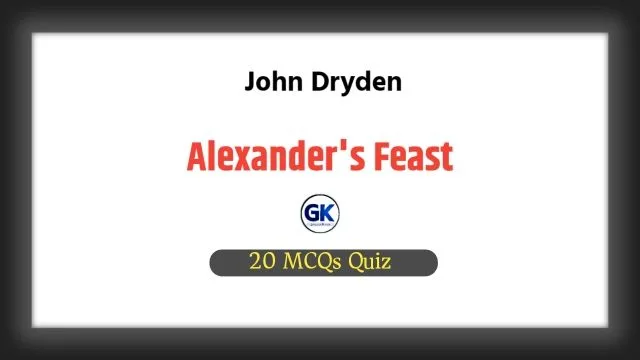






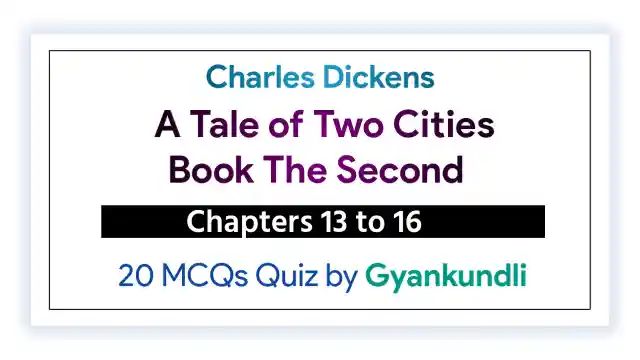
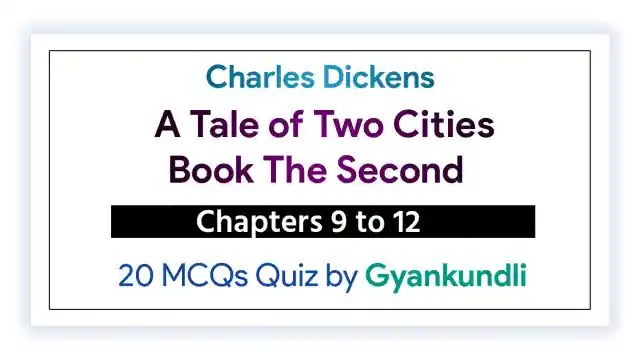
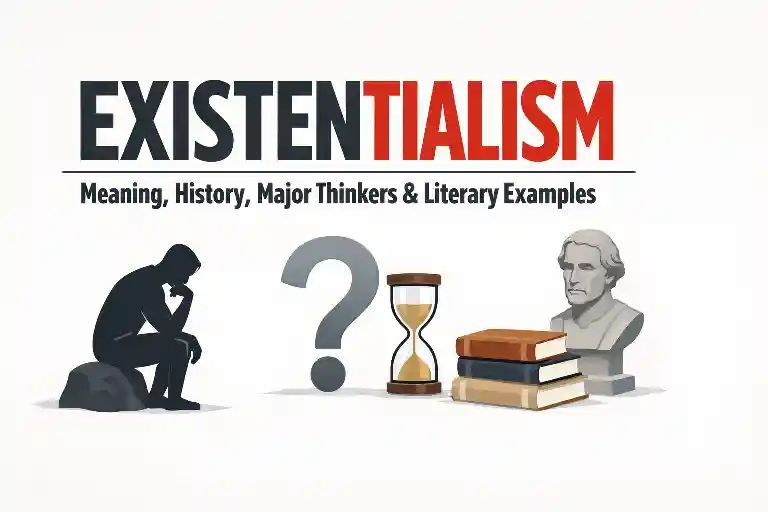


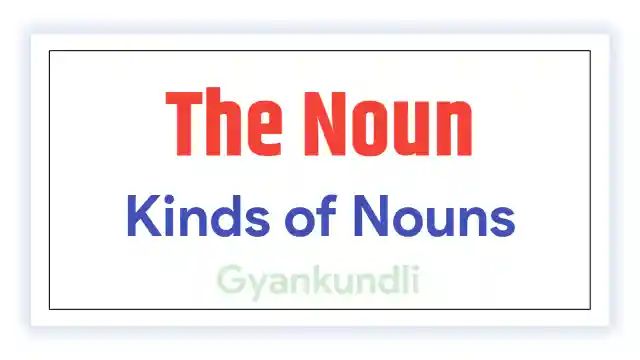

1 thought on “Alexander’s Feast MCQ Quiz : 20 MCQs”